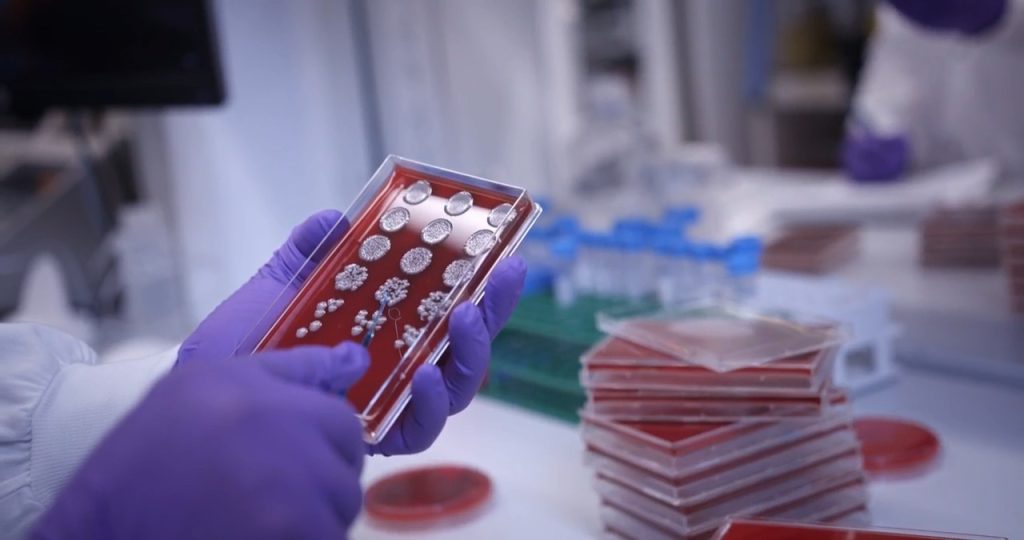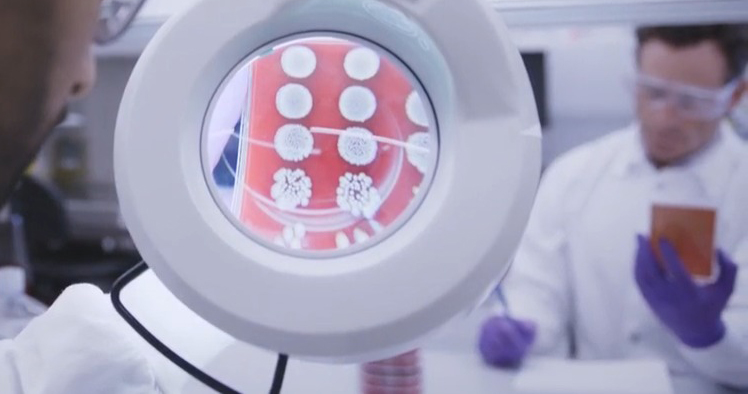Antimicrobial or antibiotic resistance (AMR) is one of the most urgent threats to global health, with wide-ranging implications for public health, healthcare systems, and economies. Often referred to as the “silent pandemic,” AMR undermines decades of progress in modern medicine, threatening lives and our ability to perform routine medical procedures safely.
Addressing AMR offers a valuable opportunity to enhance healthcare systems and foster resilience through collaborative, prevention-focused solutions.
AMR: A Silent Pandemic with Far-Reaching Consequences
The numbers are stark. According to the World Health Organization (WHO), bacterial AMR directly caused 1.27 million deaths in 2019 and contributed to nearly five million fatalities globally. In Canada alone, AMR was responsible for 5,400 deaths in 2018, a figure projected to rise to 13,700 by 2050 if resistant infections continue to spread.

Beyond the human toll, AMR poses significant economic risks. The Canadian Antimicrobial Resistance Surveillance System (CARSS) estimates that AMR could reduce Canada’s GDP by up to $21 billion annually while burdening the healthcare system with billions in additional costs. These figures highlight the importance of continued collaboration and innovation to mitigate AMR’s impact.
Canada’s Progress
Canada has made notable strides in addressing AMR, demonstrating leadership in surveillance, antimicrobial stewardship, and vaccination initiatives. CARSS along with the Canadian Antimicrobial Resistance Alliance (CARA) working together with Health Canada provide comprehensive data to track resistance trends and guide interventions, ensuring evidence-based decision-making at the national level.
Additionally, Canada’s commitment to antibiotic stewardship programs across healthcare systems has lots of potential to continue optimizing prescribing practices and reducing unnecessary antibiotic use. Public education campaigns are further empowering communities with knowledge about proper antibiotic use and the importance of vaccination in preventing infections.

“These efforts position Canada as a global leader in addressing AMR, and continued investment in prevention-focused strategies will only strengthen its ability to safeguard public health and economic stability,” explains Dr. Michelle Horn, Country Medical Director, GSK Canada.
A Policy Lever for AMR Prevention
“Vaccination represents one of the most powerful tools for preventing infections and reducing antibiotic use,” shares Dr. Vivien Brown, family physician and Assistant Professor, Department of Family & Community Medicine, University of Toronto, yet its potential in combating AMR remains underutilized. Dr. Brown adds “Immunization programs lower infections caused by resistant pathogens, reduce the selective pressure driving resistance, and protect individuals and communities alike.”
For example, vaccines like meningococcal, influenza and pneumococcal prevent infections that are often treated with antibiotics thus reducing antibiotic consumption and slowing the spread of resistance. The ripple effects are profound: vaccinated individuals benefit and so do broader healthcare systems and economies.
Maximizing the benefits of vaccination in addressing AMR requires prioritizing investments in immunization programs, including expanding vaccine access, funding research for new vaccines targeting resistant pathogens, and integrating vaccination strategies into national AMR action plans.

A Coordinated Approach
AMR is a complex challenge that requires a unified, multi-sectoral response. Governments and policymakers are uniquely positioned to foster collaboration across healthcare, public health, and industry, driving the collective efforts needed to tackle AMR effectively. Each sector brings unique expertise and solutions to the table, contributing to the following key areas:
1. Strengthen Healthcare Capacity
- Support Antibiotic Stewardship Programs: Policies that incentivize hospitals and healthcare systems to adopt and expand antibiotic stewardship programs can optimize prescribing practices, reduce unnecessary antibiotic use, and lower resistance rates.
- Empower Healthcare Providers: Continued investment in training and tools for healthcare professionals enables them to implement best practices in infection control, antimicrobial stewardship, and patient education.
2. Expand Public Health Efforts
- Enhance Surveillance Systems: Robust surveillance systems like CARSS and CARA’s CANWARD are essential for tracking resistance trends and guiding interventions. Strengthening national and global participation in surveillance efforts will ensure a comprehensive understanding of AMR and its impacts.
- Promote Public Education Campaigns: Increasing awareness about the dangers of antibiotic misuse and the importance of vaccination can drive behavior change at the community and hospital levels.
3. Foster Industry Innovation
- Drive Development of New Solutions: Pharmaceutical companies play a pivotal role in combating AMR by advancing research and development for new vaccines and antibiotics, ensuring a steady pipeline of innovations to address resistance.
- Implement Antimicrobial Stewardship Practices: Collaborating with healthcare systems and policymakers, the industry can adopt stewardship programs and optimize antibiotic production and distribution to reduce misuse and align with global public health goals.
Dr. George Zhanel, Director of the Canadian Antimicrobial Resistance Alliance, underscores the importance of prioritizing vaccination programs as a central component of AMR prevention strategies, highlighting their potential to alleviate pressure on healthcare systems, support economic stability, and strengthen Canada’s progress in addressing this global challenge.
An Investment in Health and Economic Stability
The challenges posed by AMR also present an opportunity for Canada to lead globally in building resilient healthcare systems through prevention and innovation. Collaborative efforts across government, industry, and healthcare providers will ensure antibiotics remain effective and accessible for generations to come.

“Canada’s commitment to prevention-focused initiatives, such as vaccination and antibiotic stewardship programs, reflects an investment in the future well-being of Canadians. Continuing to prioritize AMR preparedness allows us to safeguard public health, strengthen healthcare systems, and ensure the safe performance of routine medical care,” adds Dr. Horn.
If the COVID-19 pandemic taught us anything, it’s the importance of being prepared for health crises. AMR is the next global health emergency, and it requires immediate, coordinated action to prevent devastating impacts on public health and economies.



